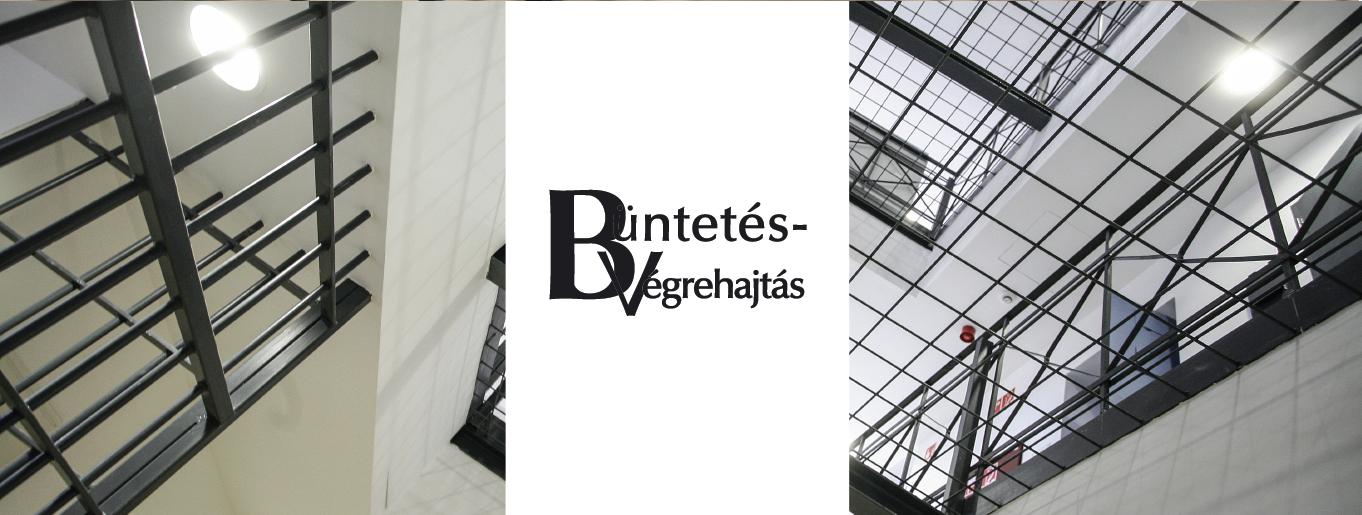A Budapesti Fegyház és Börtön, vagyis a „Gyűjtő” területén működő Budapesti Faipari Termelő és Kereskedelmi Kft.-ben munkáltatott fogvatartottak több mint háromezer asztalt, szekrényt, heverőt és közel kétezer ötszáz irodai széket gyártottak2018-ban.

We reject the charges brought by the foreign national inmate in court. In the Hungarian penitentiary institutions, treatment is in accordance with the law, and the prison service carries out its professional activities with respect for human dignity.
During his trial at the court the inmate mostly mentioned the conditions and measures that he objected to, which are, on the one hand, an important professional part of the safety and operational protocols of prisons all over the world and which are legally mandated; and, on the other hand, comfort needs that are not available to any inmates in prisons.
For example, a full body search, which is a legal possibility during the period of detention. However, the implementation and frequency of this is governed by strict rules, which are always respected by our colleagues.
The 16/2014. (XII.19.) Decree of the Minister of Justice provides for the provision of sanitary facilities, which in addition to hot water bathing facilities, only provides for the provision of running water in the cell, which is typically cold water.
When insects are detected, insect extermination is carried out immediately, and for preventive purposes regularly, which for the prison service spends on 40-50 million HUF annually.
In Hungarian penitentiary institutions, every inmate is assisted by a reintegration officer, whose primary task, in addition to providing day-to-day assistance, is to help inmates reintegrate into society and to support them in spending their time in prison in a useful way. If the inmate has any problems, he or she can report them either in the form of a request or a complaint.
In addition, in our country, the relevant legislation and the various professional protocols regulate the conditions of detention with strict standards, which are regularly monitored by the Public Prosecutor's Office as the body responsible for overseeing the legality of detention, as well as by the Commissioner for Fundamental Rights. Inmates who feel that their rights are being violated in any way can also use these channels to lodge a complaint or report. However, unfounded allegations are a serious damage to the reputation of the prison service and its personnel.
The detainee did refuse to take food provided by the prison, but he did eat food he had bought himself. Nevertheless, the Budapest Remand Prison regularly monitors the prisoner's health status and changes in his weight and, if it is needed, the necessary medical measures are taken.





